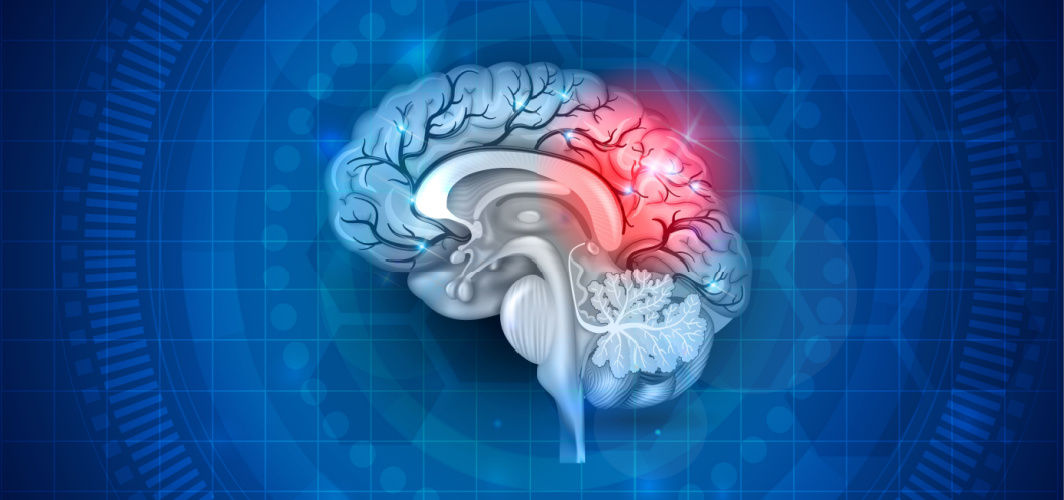Diabetes Management
What Causes Polydipsia in Diabetes?
2 min read
By Apollo 24|7, Published on - 22 December 2023
Share this article
0
0 like

Polydipsia, or excessive thirst, is a common symptom associated with diabetes, particularly in diabetes mellitus. The underlying causes of polydipsia in diabetes are due to the body's attempts to compensate for imbalances related to glucose metabolism.
Glucose Dysregulation in Diabetes
In diabetes mellitus, the body faces challenges in regulating blood glucose levels due to either insufficient insulin production (Type 1 diabetes) or the body's resistance to insulin (Type 2 diabetes). Insulin is crucial for facilitating the entry of glucose into cells, where it is used for energy.
Hyperglycemia and Osmotic Diuresis
Polydipsia arises as a result of hyperglycemia, where the high concentration of glucose in the blood triggers a series of compensatory mechanisms. The body attempts to dilute the excess glucose by drawing water from cells, tissues, and the bloodstream into the urine. This process, known as osmotic diuresis, leads to increased urine production (polyuria).
Dehydration and Thirst Response
As the body loses significant amounts of fluid through urine, dehydration sets in. The brain responds to this dehydration by signaling an increased sensation of thirst. Polydipsia is, therefore, a physiological response aimed at replenishing the lost fluids and restoring the body's water balance.
The Cycle of Polydipsia and Polyuria
The cycle of polydipsia and polyuria becomes a hallmark feature of uncontrolled diabetes. Individuals with diabetes may find themselves drinking large quantities of water to alleviate the persistent thirst, but the excessive fluid intake does little to resolve the underlying issue. This continuous cycle can contribute to feelings of fatigue, weakness, and, if left untreated, may lead to more severe complications.
Managing Polydipsia in Diabetes
Effectively managing polydipsia involves addressing the root cause—elevated blood glucose levels. This typically includes lifestyle modifications, such as adopting a healthy diet, engaging in regular physical activity, and, in some cases, medication or insulin therapy. Monitoring blood glucose levels and adhering to prescribed treatment plans are essential components of diabetes management to prevent and alleviate symptoms like polydipsia.
Conclusion
In conclusion, polydipsia in diabetes mellitus is a consequence of the body's attempt to cope with elevated blood glucose levels through increased urine production and subsequent dehydration. Understanding the relationship between polydipsia and diabetes is crucial for early detection, intervention, and effective management of this symptom to improve overall health and quality of life for individuals with diabetes.
You can also try the Apollo 24|7 Diabetes Self-Management Tool to log your sugar values, track patterns, know all about food nutrition and more.
Diabetes Management
Consult Top Diabetologists
View AllLeave Comment
Recommended for you
.jpg?tr=q-80)
Diabetes Management
Orange and Diabetes: A Nutritional Perspective and Consumption Guide
If you're juggling with diabetes and wondering whether oranges are a safe bet, the answer is yes! When consumed in moderation and as part of a balanced diet, oranges can prove beneficial in diabetes management. Always opt for whole oranges over juice and pair them with proteins to slow down carb absorption. Remember, managing diabetes is about making smart food choices consistently. Consult with your doctor or a dietitian for personalized advice, and consider enrolling in comprehensive programs like the Apollo Super 6 for ongoing support in managing diabetes.
.jpg?tr=q-80)
Diabetes Management
Boosting Sleep Quality and Duration for Better Diabetes Management
Improving the quality and duration of your sleep is crucial in managing diabetes effectively. Regularising your sleep cycle, creating a restful sleep environment, and incorporating physical activity into your routine can all contribute significantly towards this.

Diabetes Management
Diabetes And Stroke: Are They Related?
Diabetes and stroke are closely related. Poorly controlled diabetes can lead to inflammation, high blood pressure and increased cholesterol that can damage blood vessels, increasing the risk of stroke. Persistent damage can cause plaque buildup in artery walls, narrowing the blood vessels and impeding blood and oxygen flow to the brain.
Subscribe
Sign up for our free Health Library Daily Newsletter
Get doctor-approved health tips, news, and more.
Visual Stories

8 Fruits That are Incredibly Healthy for Diabetes
Tap to continue exploring
Recommended for you
.jpg?tr=q-80)
Diabetes Management
Orange and Diabetes: A Nutritional Perspective and Consumption Guide
If you're juggling with diabetes and wondering whether oranges are a safe bet, the answer is yes! When consumed in moderation and as part of a balanced diet, oranges can prove beneficial in diabetes management. Always opt for whole oranges over juice and pair them with proteins to slow down carb absorption. Remember, managing diabetes is about making smart food choices consistently. Consult with your doctor or a dietitian for personalized advice, and consider enrolling in comprehensive programs like the Apollo Super 6 for ongoing support in managing diabetes.
.jpg?tr=q-80)
Diabetes Management
Boosting Sleep Quality and Duration for Better Diabetes Management
Improving the quality and duration of your sleep is crucial in managing diabetes effectively. Regularising your sleep cycle, creating a restful sleep environment, and incorporating physical activity into your routine can all contribute significantly towards this.

Diabetes Management
Diabetes And Stroke: Are They Related?
Diabetes and stroke are closely related. Poorly controlled diabetes can lead to inflammation, high blood pressure and increased cholesterol that can damage blood vessels, increasing the risk of stroke. Persistent damage can cause plaque buildup in artery walls, narrowing the blood vessels and impeding blood and oxygen flow to the brain.

